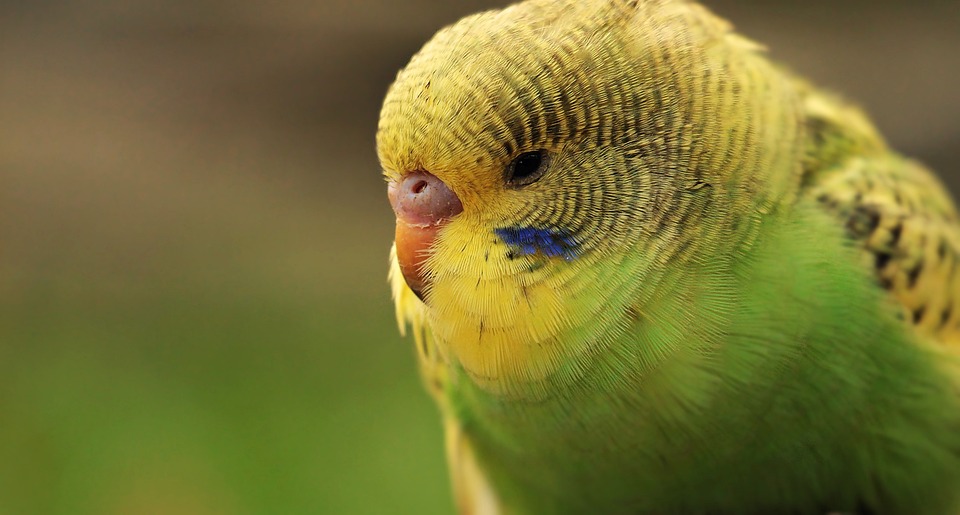Parrots are highly intelligent creatures that thrive on mental stimulation and learning new behaviors. However, just like humans, parrots can sometimes lose interest or become bored with the training process. As a parrot owner, it’s important to keep your feathered friend engaged and motivated to continue learning. In this article, we will explore effective techniques to discourage parrots from losing interest in learning new behaviors.
Understanding Parrot Behavior and Motivation
Before diving into training methods, it’s crucial to understand the underlying principles of parrot behavior and motivation. Parrots are social animals with a natural curiosity and desire to explore their surroundings. Additionally, they have a strong need for mental stimulation and social interaction. By tapping into these natural instincts, you can create a positive learning environment for your parrot.
1. Set Realistic Goals
Setting realistic goals is essential when training your parrot. While it’s exciting to envision your parrot performing complex tricks or behaviors, it’s important to start with simple, achievable tasks. Breaking down the training process into small steps allows your parrot to experience success and maintain interest. As your parrot becomes more proficient, you can gradually introduce more challenging behaviors.
2. Use Positive Reinforcement
Positive reinforcement is a powerful tool in parrot training. By rewarding desired behaviors with treats, praise, or affection, you reinforce the idea that performing the behavior results in something positive. This method encourages your parrot to repeat the behavior and stay engaged in the learning process. Avoid using punishment or negative reinforcement, as it can discourage your parrot and lead to loss of interest.
3. Keep Training Sessions Short and Varied
Parrots have short attention spans, so it’s important to keep training sessions brief and engaging. Aim for multiple short sessions throughout the day rather than one long session. This approach prevents your parrot from becoming fatigued or overwhelmed. Additionally, varying the training routine with different behaviors, toys, or challenges keeps your parrot interested and motivated.
4. Make Training Fun
Learning should be a fun and positive experience for your parrot. Incorporate interactive toys, puzzles, and games into the training process. These activities not only provide mental stimulation but also create a positive association with learning. By making training sessions enjoyable, your parrot will be more likely to stay interested and eager to participate.
5. Provide Enrichment Outside of Training
While training is an important aspect of engaging your parrot, it’s equally important to provide enrichment outside of formal training sessions. Offer a variety of toys, perches, and activities that stimulate your parrot’s natural instincts. This can include foraging toys, puzzle feeders, or even introducing your parrot to new environments. By keeping your parrot’s environment dynamic and enriching, you prevent monotony and maintain their interest in learning new behaviors.
FAQs
Q: My parrot seems to lose interest quickly during training sessions. What can I do to keep them engaged?
A: It’s common for parrots to have short attention spans, so try breaking down the training into smaller steps and keeping sessions short. Use high-value treats and positive reinforcement to keep your parrot motivated. Additionally, make sure the training environment is free from distractions and provide plenty of mental and physical stimulation outside of training sessions.
Q: Should I punish my parrot if they don’t perform the desired behavior during training?
A: No, punishment or negative reinforcement can discourage your parrot and lead to loss of interest. Instead, focus on positive reinforcement by rewarding desired behaviors. If your parrot doesn’t perform the desired behavior, simply withhold the reward and try again later. Patience and consistency are key in parrot training.
Q: How long does it take for a parrot to learn a new behavior?
A: The time it takes for a parrot to learn a new behavior can vary depending on the complexity of the behavior and the individual parrot’s learning abilities. Some parrots may pick up a behavior quickly, while others may require more time and repetition. Stay patient, consistent, and always reward progress to keep your parrot motivated.
Q: Is it possible for my parrot to lose interest in learning new behaviors permanently?
A: While parrots, like any living creature, can experience temporary disinterest, it’s unlikely for them to permanently lose interest in learning new behaviors. By implementing the tips mentioned in this article and providing a stimulating environment, you can reignite your parrot’s motivation and enthusiasm for learning.
Remember, every parrot is unique, so it’s important to observe and understand your parrot’s individual behaviors and preferences. By creating a positive and stimulating learning environment, you can keep your parrot engaged and excited about learning new behaviors. Happy training!









